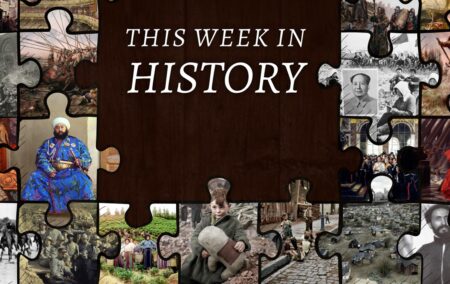This Week in History recalls memorable and decisive events and personalities of the past.
16th December 1944 – The Battle of the Bulge in the final months of the Second World War begins with the surprise offensive of three German armies through the Ardennes forest
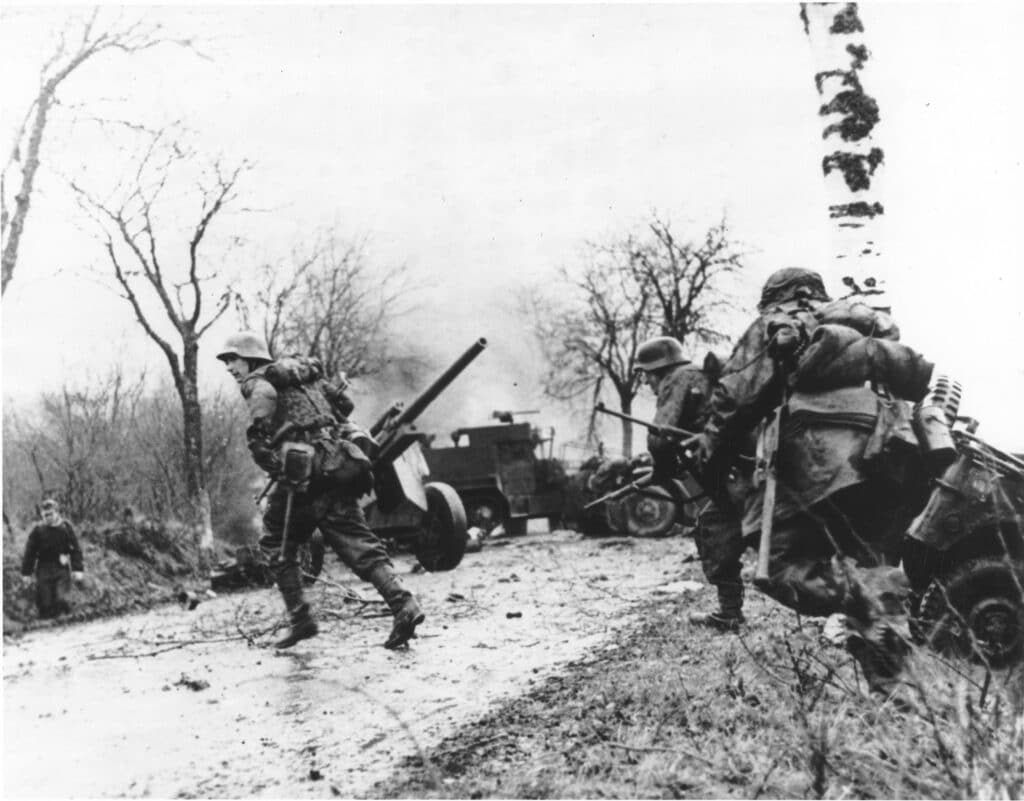
By late 1944, it was clear to all but the most fanatical Nazis that the war was lost for Germany. The Germans had begun suffering major manpower problems as early as 1941, and their economy was not producing nearly enough weapons to maintain the high level of effectiveness the Reich forces had enjoyed at the beginning of the war.
The Soviet Union, supplied by the huge American and British war machines, had reformed its army from its poor state in 1940, when it struggled to defeat tiny Finland, into one of the most skilled and dangerous in the world.
At the same time, German aircraft were absent from the Eastern Front, opened after Berlin launched its invasion of the Soviet Union in 1941, as most of their planes had been pulled back to try resist the growing bombing campaign which was laying waste to German cities as thousands of British and American bombers restlessly flew sorties of destruction.
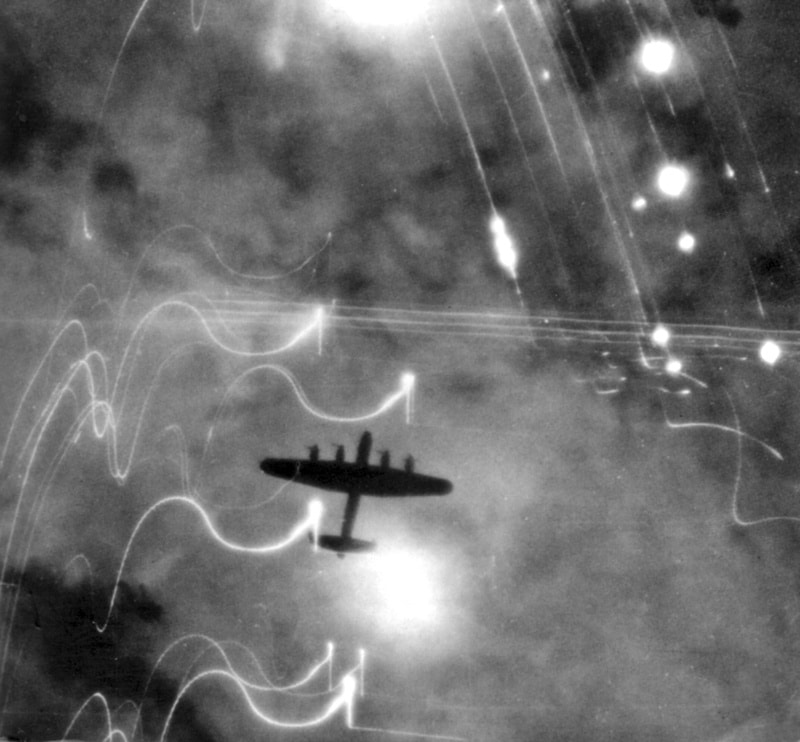
And, from June 1944, a huge Allied force of British, American and Canadian troops had advanced from the coast of France, soon liberating almost the whole country and smashing the Axis forces.
By December 1944 the Germans in the west had been pushed back to the border of Germany, still holding some of the Netherlands and some of Belgium. The Allies had halted, as their liberation of France had been far faster than expected, and their troops were under-supplied and exhausted as a result.
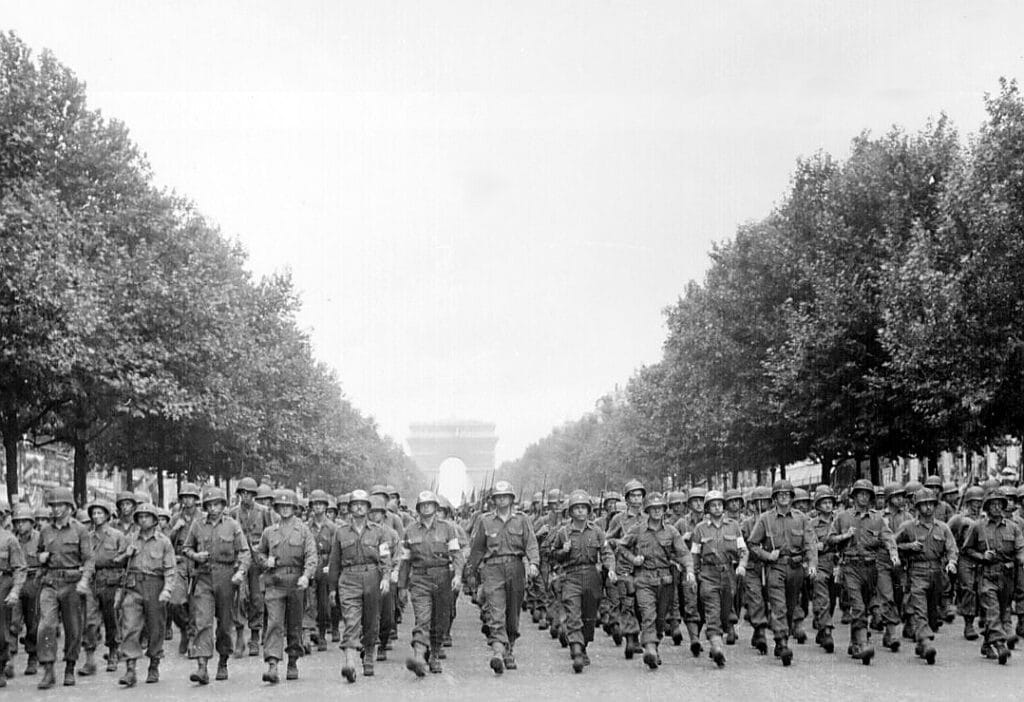
The Western Allies expected the Germans to be strengthening their defensive lines and pushing ever more resources to the East, as the German government and people feared the Soviets more than they did the Allies.
Adolf Hitler, however, had different ideas.
In command of the German army directly since 1941, Hitler had become increasingly detached from reality, in particular the actual strength of his army and the condition of his country. He and some of his senior lieutenants were still drunk on the surprise victories over the Allies in the early parts of the war. Hitler did however realise that the Soviet attack in the east could not be resisted unless the Germans could focus all of their forces in that direction.
As such he and his commanders devised a plan to launch a major surprise offensive in the Ardennes region, the same area where a surprise attack had in 1940 allowed them to defeat France, and rush for the major port of Antwerp, the capture of which they hoped would allow them to smash the Allied armies in the west in pockets and then turn their full might on the Soviets.
After careful planning, and aided by bad weather, which prevented the Allies from doing proper aerial reconnaissance, the Germans launched a major attack in the Ardennes on 16 December 1944, achieving total surprise against the Allies.
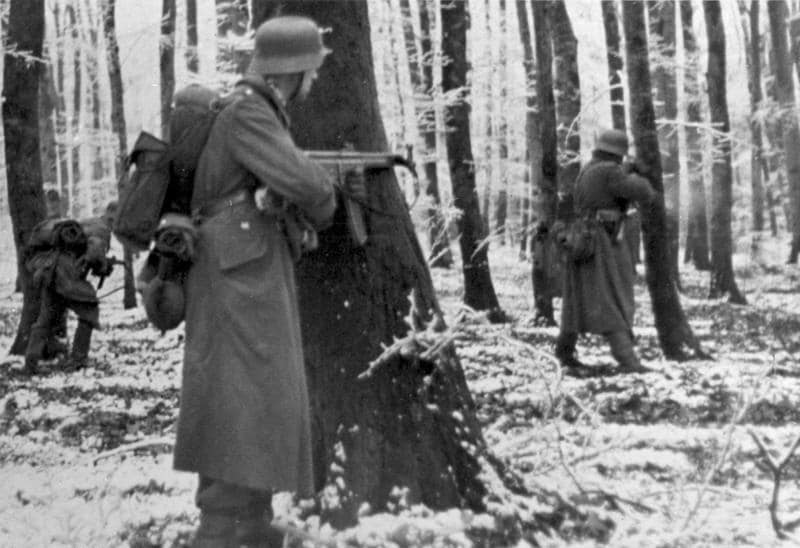
While the 400 000-strong German force with its 557 tanks made some initial gains against the 228 000-strong Allied force and its 483 tanks, progress was slower than anticipated.
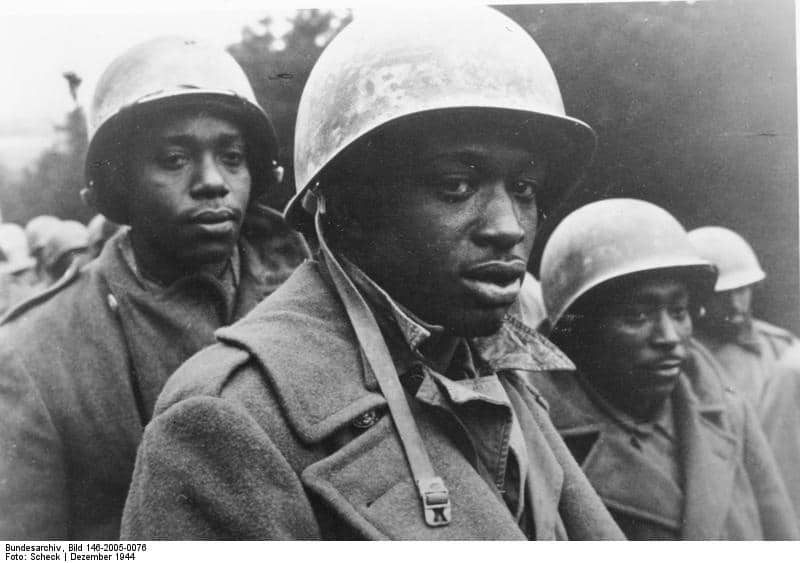
Fierce American resistance around Bastogne and in the northern region of the assault prevented the Germans from capturing the important road junctions they had planned to take in the initial stages of the attack.
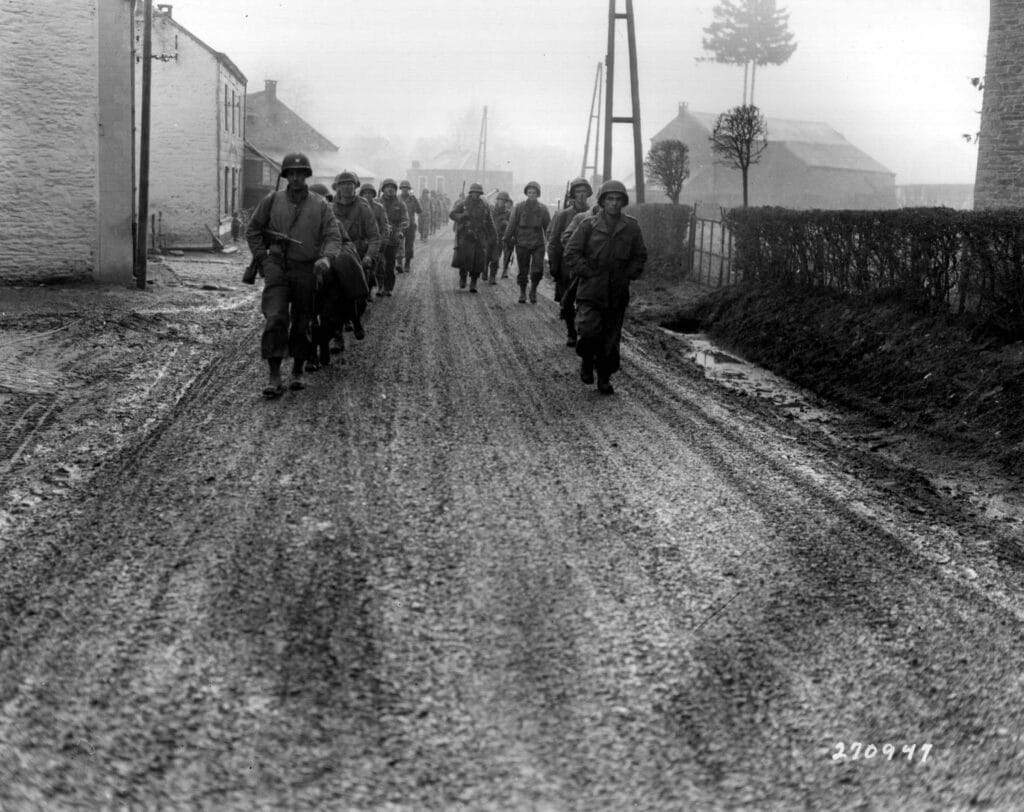
On 24 December, the German advance came to a halt, as more Allied reinforcements poured in and the skies finally cleared, allowing the massive Allied air force to begin laying waste to the Germans’ vehicles and supply lines.
After a month of heavy fighting and the partial collapse of their lines, the battle ended in defeat for the Germans on 28 January 1945. By the middle of January, the Allies had 700 000 men to the 380 000 the Germans had available and now had 2 428 tanks to the 216 of the Germans.
By the end of the battle, both sides had taken around 90 000 casualties, but the Germans had exhausted the little strength they had left and would never again launch an offensive in the west.
If you like what you have just read, support the Daily Friend

